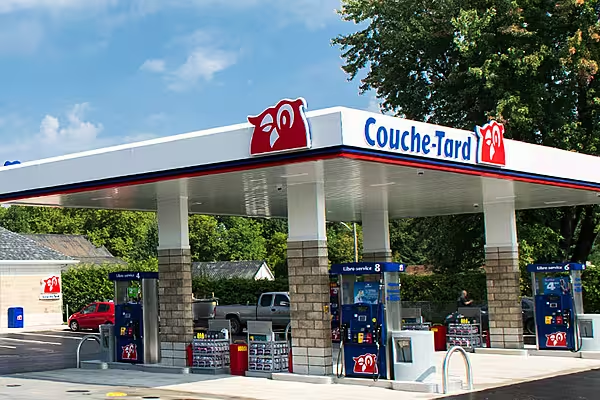Consumer behaviour is expected to see a very 'polarised recovery' in 2024, despite the return of consumer confidence and wage increases in many European countries, a new study has found.
The report, entitled The State of Grocery Retail 2024: Europe – Signs of hope, launched by McKinsey & Company and EuroCommerce, is based on interviews with four CEOs and a survey of more than 30 European grocery leaders and over 12,000 consumers across 11 European countries.
There is some hope for the sector in 2024 amid a challenging market, according to the report, as grocery volumes stopped decreasing towards the end of 2023 and even started to increase in some markets.
The survey found that consumers were planning to trade down less than in 2023, with a few even intending to start trading up again.
McKinsey & Company and EuroCommerce expect overall grocery volume in Europe to return to growth in the second half of 2024 should this trend persist.
Daniel Läubli, global head of grocery retail at McKinsey stated, “The State of Grocery continues to present challenges, but consumer sentiment is brightening, and new opportunities for grocers emerge.
“We see three strategic priorities for grocery retailers: balancing affordability with value-adding products such as healthy options and ready-to-eat offerings, achieving further cost savings, and building and scaling their retail media business.”
Key Trends For 2024
In 2024, retailers will continue to feel margin pressure, which is among the top three priorities for 70% of the CEOs who participated in the survey.
Retailers are likely to prioritise supplier negotiations, including participation in buying alliances, amid consolidation efforts to continue shielding consumers from price increases.
More than 45% of European consumers are still looking for ways to save money when shopping this year (down from 51% in the previous year).
Initial reports showed that high-income households started trading up in 2023, with a higher net intent to buy more high-quality or organic products.
Christel Delberghe, director general of EuroCommerce stated, “Grocery retailers and wholesalers serve consumers every day and ensure food availability and affordability.
“They worked hard in 2023 to shield consumers from the worst of inflation, while under immense pressure from higher costs, consumers trading down and additional government pressure to deliver lower prices. A well-functioning Single Market, which ensures the competitiveness of our businesses in the years ahead, is now even more essential.”
The food-to-go market is expected to see growth in the next five years in Europe, the report noted.
Despite the inflationary environment and consumers trading down, the foodservice industry outpaced the grocery retail industry by three percentage points, data showed.
Other Findings
Elsewhere, the top 10 retailers in Europe have met 29% of their 2025 Scope 1 and 2 emission reduction targets, but are yet to report progress on Scope 3 targets.
Retailers are expected to expand their retail media footprint this year, according to the study. Around 20 out of the top 30 European grocers already have an established retail media (RM) business.
Standardisation, impact measurement, and ad diversification will be critical to make retail media successful, given the sizeable, high-margin opportunity, the report noted.
In addition, grocers across Europe are facing a higher-than-ever number of vacancies along with a decline in the average tenure of employee retention.
Delberghe added, "The high number of vacancies and turnover is also a worrying trend that we aim to counter by increasing awareness of career opportunities, skills development and sector attractiveness.”














